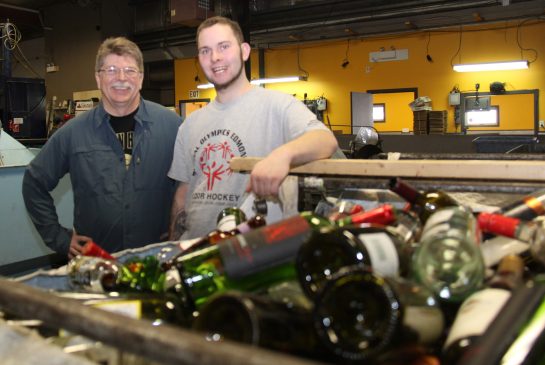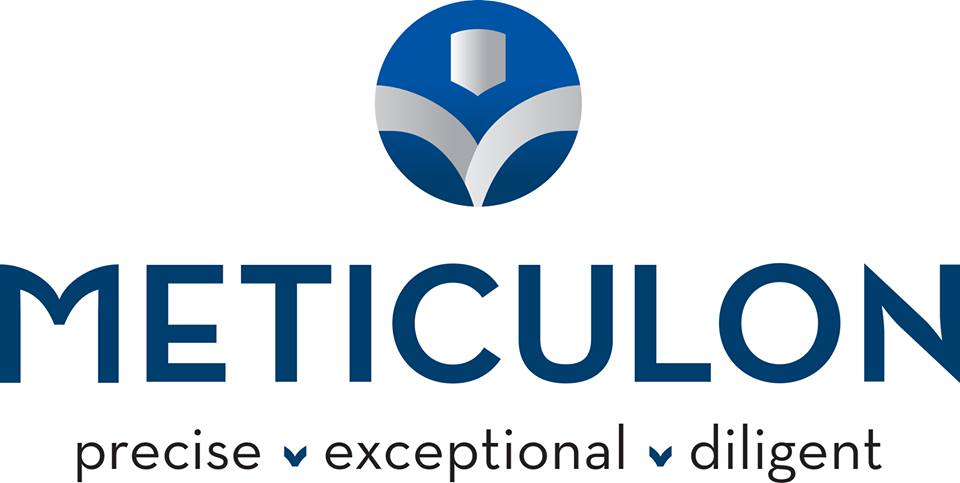
Full Circle: Student Develops Social Venture at UBC, Then Venture Gives Fellow UBC Students 1st Hand Experience
Open Market is the impressive brainchild of Saadan Sulehri, a business and engineering student who is expected to graduate from The University of British Columbia (UBC) in December 2016. Sulehri was first inspired during his time in Pakistan to make a difference, and it was at the University of British Columbia (UBC) where he received the help he needed to figure out how to make his aspirations a reality.








